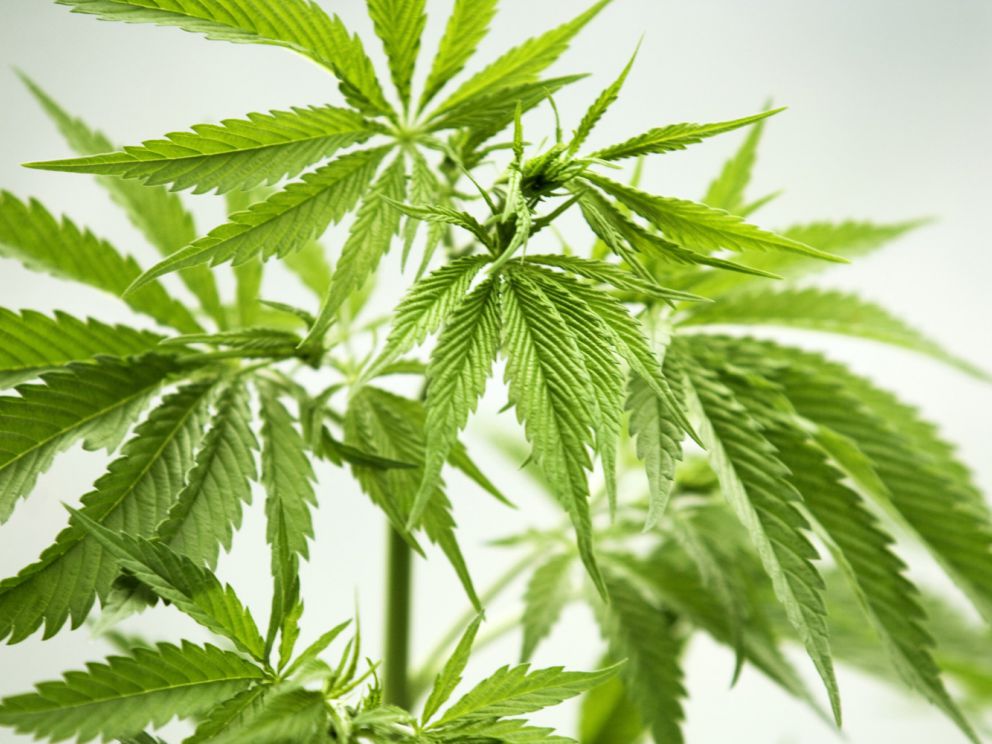

If you are in immediate distress or are thinking about hurting yourself, call the National Suicide Prevention Lifeline toll-free at 1‑800‑273‑TALK (8255). Find tips to help prepare and get the most out of your visit. Previous work has focused on specific aspects of multitasking or has not considered gender differences in abilities contributing to multitasking performance. If you or someone you know has a mental illness, is struggling emotionally, or has concerns about their mental health, there are ways to get help.Ĭommunicating well with your doctor or other health care provider can improve your care and help you both make good choices about your health. According to a popular stereotype, women are better at multitasking than men, but empirical evidence for gender differences in multitasking performance is mixed. Some changes in the brain during this important phase of development actually may help protect against long-term mental disorders. In 1922, the journalist Walter Lippmann first popularized the term stereotype, which he described as the image people have in their heads of what a social group is like. A lack of sleep can make it difficult to pay attention, may increase impulsivity, and may increase the risk for irritability or depression.Īlthough adolescence is a vulnerable time for the brain and for teenagers in general, most teens go on to become healthy adults. Stereotypes Definition Stereotypes are generalized beliefs about the characteristics that are associated with the members of a social group. Teens should get about 9 to 10 hours of sleep a night, but most teens do not get enough sleep. This difference may explain why many teens stay up late and struggle with getting up in the morning. Research shows that melatonin (the “sleep hormone”) levels in the blood are naturally higher later at night and drop later in the morning in teens than in most children and adults. Teens need more sleep than children and adults. More information on managing stress is available in the National Institute of Mental Health’s fact sheet, I'm So Stressed Out. Mindfulness, which is a psychological process of actively paying attention to the present moment, may help teens cope with and reduce stress. Teen brains may be more vulnerable to stress.īecause the teen brain is still developing, teens may respond to stress differently than adults, which could lead to stress-related mental disorders such as anxiety and depression. All the big changes the brain is experiencing may explain why adolescence is a time when many mental disorders-such as schizophrenia, anxiety, depression, bipolar disorder, and eating disorders-can emerge.ĥ. Ongoing changes in the brain, along with physical, emotional, and social changes, can make teens vulnerable to mental health problems. Many mental disorders may begin to appear during adolescence. Challenging academics or mental activities, exercise, and creative activities such as art can help the brain mature and learn. The teen brain has lots of plasticity, which means it can change, adapt, and respond to its environment.

The teen brain is ready to learn and adapt. Because these skills are still developing, teens are more likely to engage in risky behaviors without considering the potential results of their decisions.ģ. This area is responsible for skills like planning, prioritizing, and controlling impulses. The front part of the brain, called the prefrontal cortex, is one of the last brain regions to mature. Though the brain may be done growing in size, it does not finish developing and maturing until the mid- to late 20s. The brain continues to mature even after it is done growing. But this difference does not mean either boys or girls are smarter than one another!Ģ. Measure your subconscious & Attitudes with scientific reactions test. These tests & brain exercises will improve memory and memory training. For boys, the brain reaches its biggest size around age 14. We have various implicit - Subconscious Tests for you in our app like gender & intelligence, Attitude on disabled people, Islam & Terrorism, Attitude on homosexuality, and much more according to your needs. The brain reaches its biggest size in early adolescence.įor girls, the brain reaches its biggest size around 11 years old. Research Training and Career Development Opportunitiesĭid you know that big and important changes are happening in the brain during adolescence? Here are 7 things to know about the teen brain: 1.Research Conducted at NIMH (Intramural Research Program).Upcoming Observances and Related Events.Contribute to Mental Health Research Mobile navigation


 0 kommentar(er)
0 kommentar(er)
